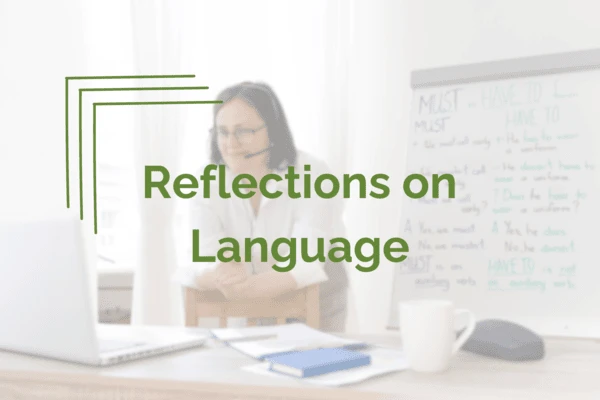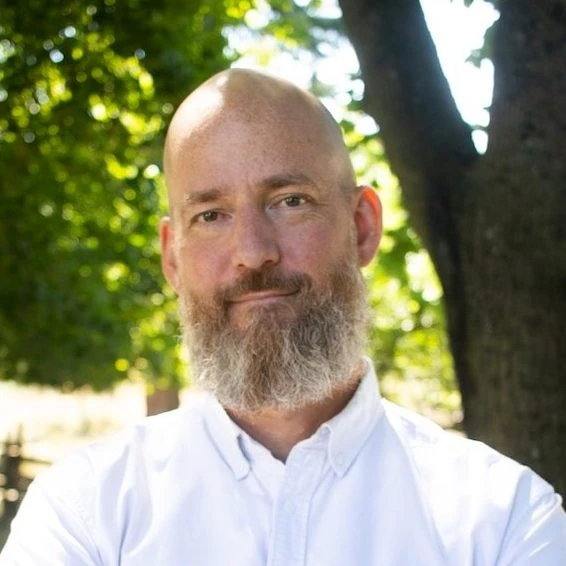One thing I have noticed in my role at CCMI is the difficulty I have in clearly expressing what our team does to non-healthcare people. People who are not familiar with supporting others to “self-manage”, “Motivational interviewing” or “Brief Action Planning” and have not been exposed to the “Spirit of MI”. I use “quotes” because I feel those concepts often come across as jargon and are met with blank stares. More often, I say we support teams with communication skills or that we teach specific approaches to partnering in relationships. Interestingly, when people reflect back to me what I mean, they often tell me it is easy to say what we do: “you teach people bedside manner”.
Over the years I have given in to this description and have started to use it when speaking to non-healthcare people. The concept of bedside manner is helpful in trying to convey a simple message and it also is not clear enough about the true meaning of what we do. The reason I push back on bedside manner is because it only speaks to the relationship between a helper and the person they are supporting, and maybe the family of the people they are supporting. The work we do does support those relationships and it also supports the relationships between helpers and their colleagues, their own family and friends, and their relationship with themselves.
One way to talk about the work that CCMI does is that we support the development of non-technical skills. The idea of non-technical skills came from aviation disasters. When the disasters were investigated, the crashes were not attributed to technical malfunctions or glitches. In fact, the issue was poor communication between pilots and air traffic control. The Australian government says non-technical skills make human work safer and more efficient. Malcom Gladwell also talked about the phenomenon in his book Outliers. His example was about Korean Air. One of the issues was the deference expected in some languages with built in social hierarchies, like the Korean language (Hangul). People with exceptional technical skills were limited by their language constraints in sharing their knowledge and it led to plane crashes and death. One of the changes after the investigation at Korean Air was English being adopted as the flight team’s language to reduce the hierarchy in language.
As any of you reading this know, hierarchy is alive and well in the English-speaking world as well. Government institutions like the criminal justice system, workplace safety boards, Healthcare organizations, and other social institutions have long held a paternalistic and hierarchical approach to working with the populations they serve. In that way, the “non-technical” skills we teach are an attempt to try and reduce the hierarchies in our institutions. They help teams (helpers and the people they serve) to build collaborative relationships of mutual respect, trust and open communication. Evidence has shown that person and family centred skill help to improve the outcomes for patients, the cost of care provision to health systems, and the experience of giving care for helpers.
I will still say we teach bedside manner in some contexts and I think the concept of non-technical skills is a helpful way to provide greater nuance to the work that we do.
Warmest wishes for the new year, from everyone at CCMI


